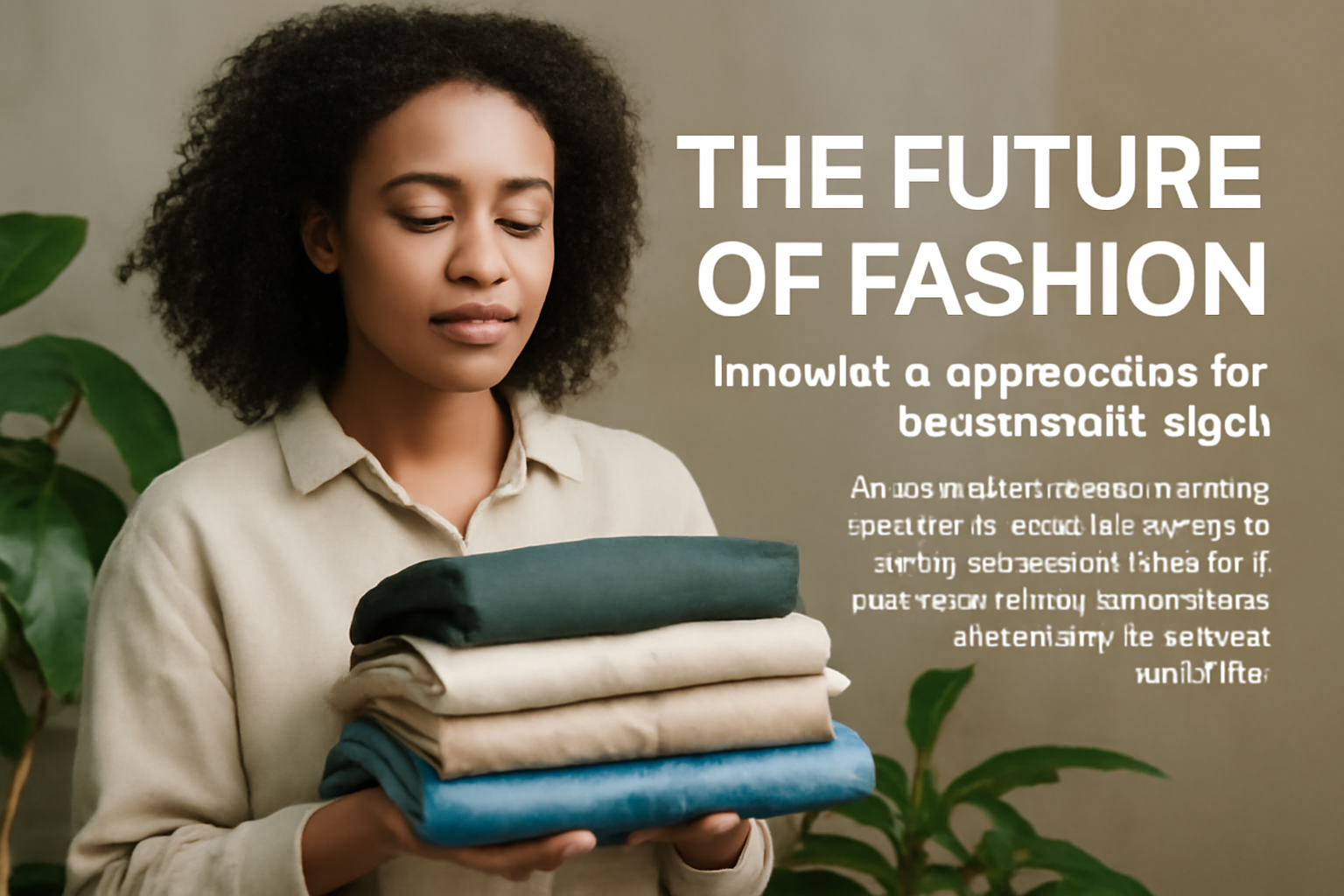Location
Mount Vernon, WA 98274
Location
Mount Vernon, WA 98274

As the fashion industry faces mounting pressure to reduce its environmental impact, a growing number of brands are embracing sustainable practices. This article explores innovative approaches and materials that are reshaping the future of fashion, from ethically sourced fabrics to circular economy models.
In recent years, sustainability has emerged as a critical concern in the fashion industry, prompting brands to rethink their production processes and material choices. With consumers increasingly aware of the environmental impact of their purchases, many are opting for brands that prioritize eco-friendly practices. This shift is not just a trend; it reflects a profound change in how fashion is perceived and consumed.
One of the most significant advancements in sustainable fashion is the development of innovative materials. Brands are exploring options like organic cotton, recycled polyester, and even biodegradable fabrics. For instance, the rise of pineapple leather, derived from the byproducts of pineapple farming, has offered a vegan alternative to traditional leather. Companies like Ananas Anam are pioneering this sustainable approach, demonstrating that style and ethics can coexist.
Beyond materials, ethical production practices are gaining traction. Brands such as Everlane and Reformation are committed to transparency, providing consumers with information about their supply chains and labor practices. This level of openness not only builds trust but also empowers consumers to make informed choices about their purchases. By ensuring fair wages and safe working conditions, these brands are setting a new standard in the industry.
The concept of a circular economy is also reshaping the fashion landscape. Instead of the traditional linear model of production and disposal, brands are now focusing on reusing and recycling garments. Initiatives like clothing rental services and take-back programs are gaining popularity. Companies such as Rent the Runway allow customers to borrow high-end fashion items, promoting a mindset of sharing rather than owning.
As sustainability takes center stage, consumers, too, have a role to play. Understanding the impact of fast fashion and making conscious purchasing decisions can significantly contribute to a more sustainable future. By supporting brands that prioritize eco-friendly practices, consumers can drive demand for sustainable fashion, ultimately influencing the industry as a whole.
The future of fashion is undoubtedly intertwined with sustainability. As brands continue to innovate and consumers become more discerning, the shift towards eco-friendly practices will likely gain momentum. The path may be challenging, but the potential for a more sustainable and ethical fashion industry is brighter than ever.